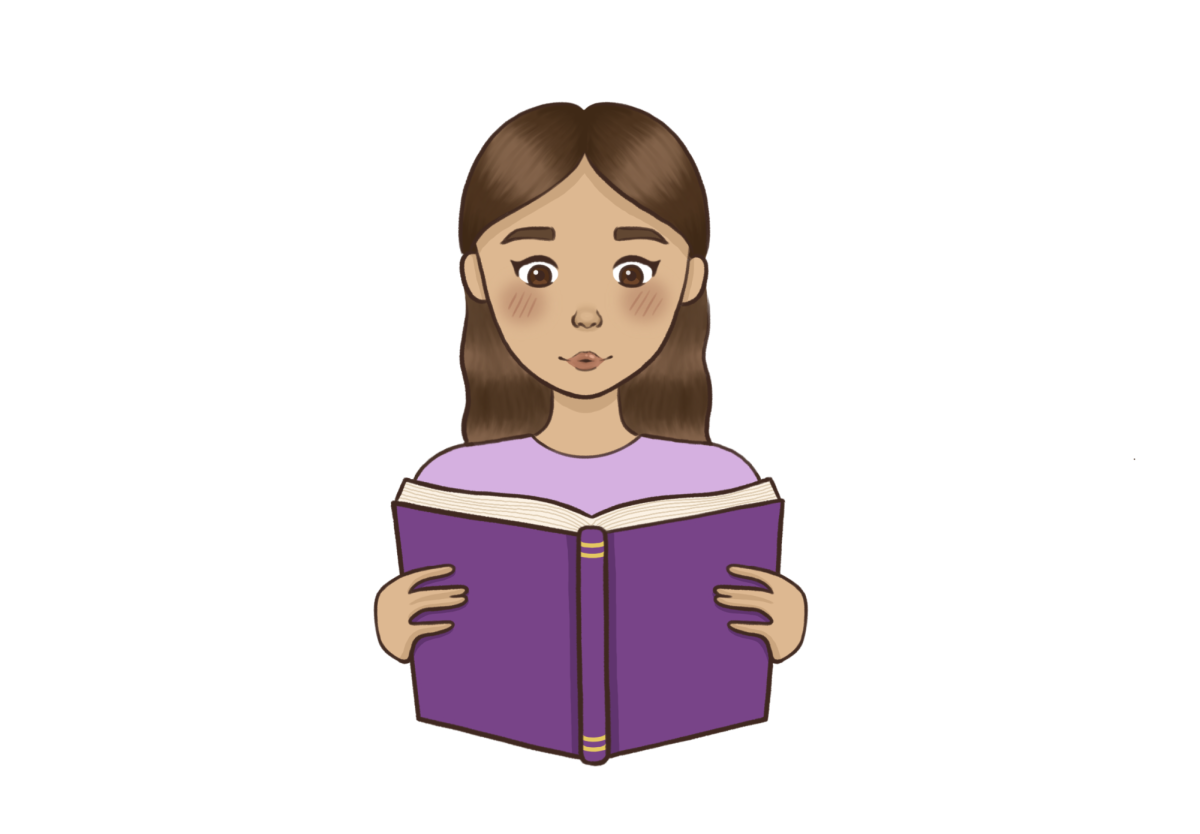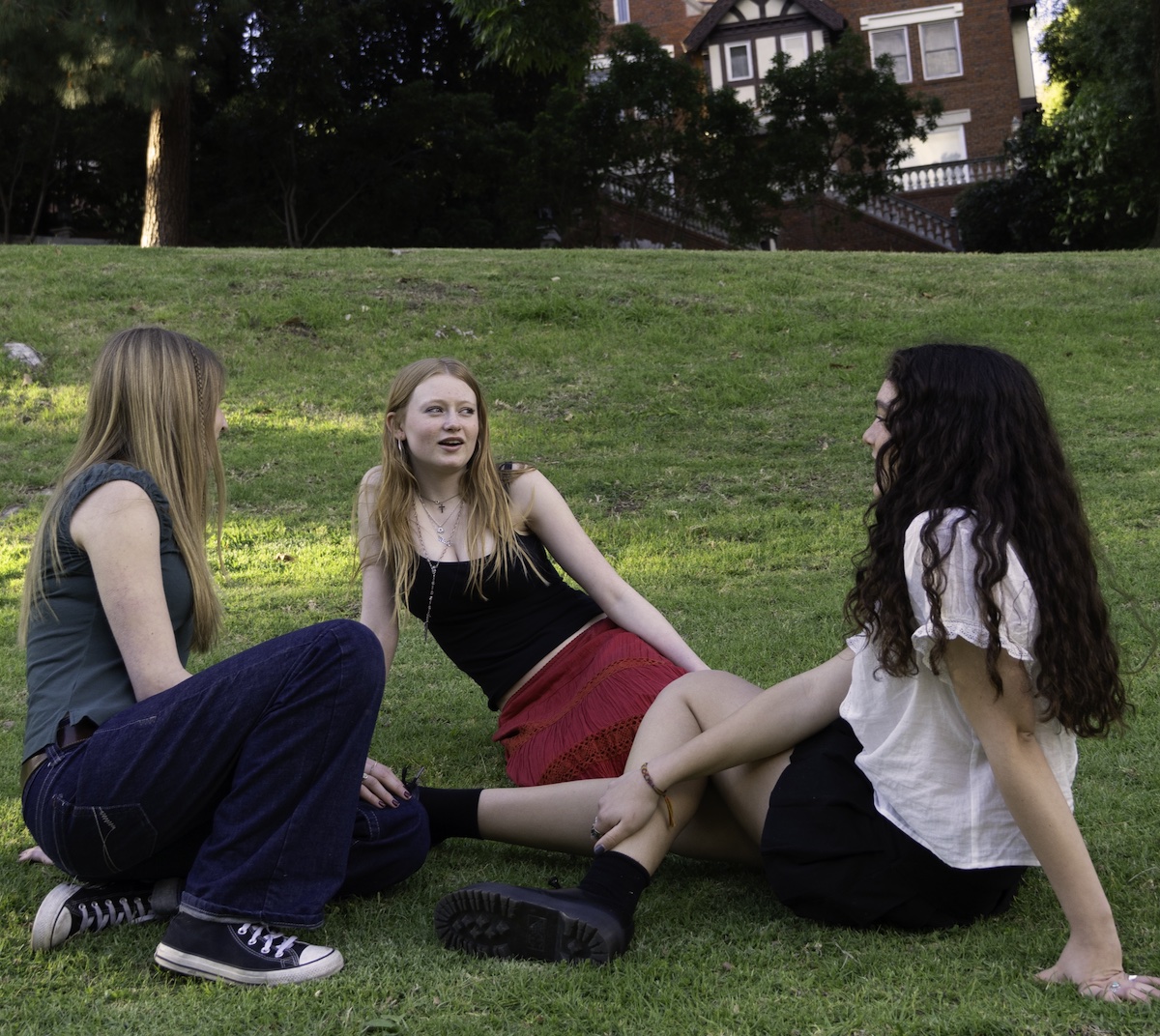
While most girls take notes in binders and notebooks, AP World History students in D202 use state-of-the art tablet computers to not only inscribe lectures, but also to annotate primary documents.
New academic classrooms in Munger Hall serve as experimental learning spaces highly visible to the school community. History and Social Sciences Department Head Catherine Atwell, who teaches in one of the them, hopes her “fish bowl” room with floor to ceiling windows encourages faculty to incorporate innovative teaching techniques.
“This is not the typical history lecture course. It’s an experiment,” she said.
AP World students, such as Ariella ’11, can save their tablet-written notes on free flash drives and annotate them at home.
“When I get home I like to read the book and add to them (the saved tablet notes), so the PC tablets are the perfect mixture of computers and writing,” she said.
Atwell said the history department wants to bring primary sources to the forefront of teaching, and this technology can help students interpret those resources and make visual connections.
Using SmartSync, a program on the tablets, and the SmartBoard, students can work on the same project simultaneously from their own laptops, and then post projects to the SmartBoard to compare approaches with their peers.
“We’re only just beginning to figure out what to do with all the technology that is available to us now,” Atwell said. “We can create a visual multimedia timeline, and students can create their own resources that will be helpful and meaningful to them.”
Atwell said students will also be able to receive more immediate feedback by taking online quizzes and tests. She will be able to monitor student progress and instantly see what topics they are having the most difficulty with.
A document camera feature that will be added to the SmartBoards soon will give teachers the freedom to broadcast any visual aid to the entire class. This will initiate a more “organic and spontaneous form of interaction generated by the students,” Atwell said.
Atwell’s classroom serves as a model for incorporating technology into the school’s curriculum in the future, said Associate Director of Academic Technology Victor Ortiz. He said now that most of the resources are in place, the future of Munger Hall relies on how students and faculty utilize them.
“The way we learn today is changing. We are trying to find the best ways of learning – whether through conversation, reading, small group projects – and incorporate technology with it,” he said.
Ortiz pointed out the significance of calling the building an Academic Resource Center (ARC) as opposed to a library.
“It frees up the way we think of using this center,” he said.
Ortiz hopes that in addition to a meeting place for students and faculty, the ARC could become a place for the community to come together. He suggests that the space could be used by clubs for poetry readings or to show movies.
From her classroom, Atwell will learn the aspects that work well and teachers can incorporate them into more classes.
“It’s just a space and how we use it is going to define it,” she said.






